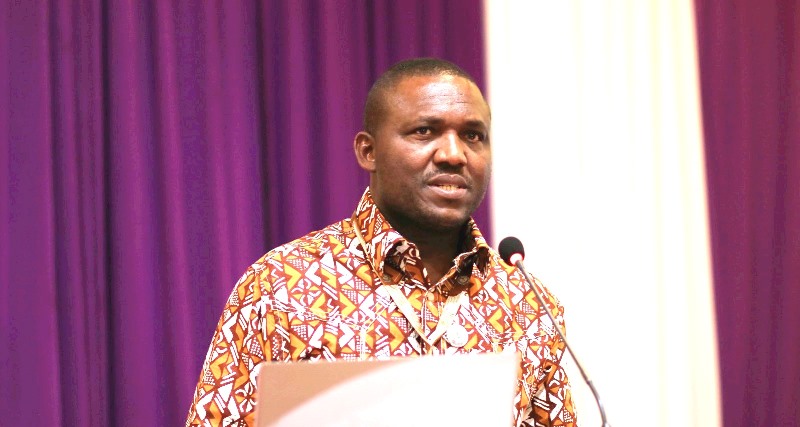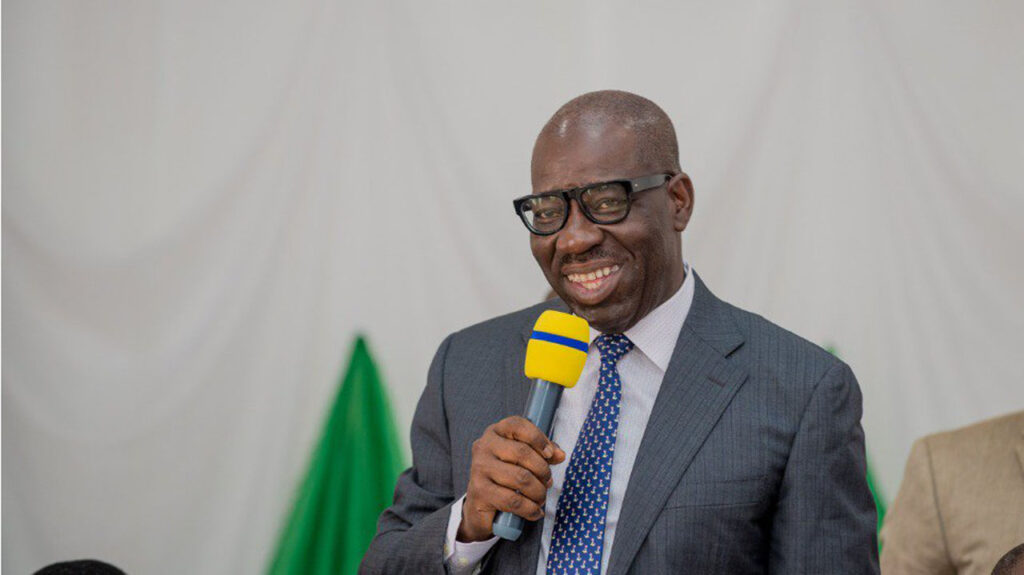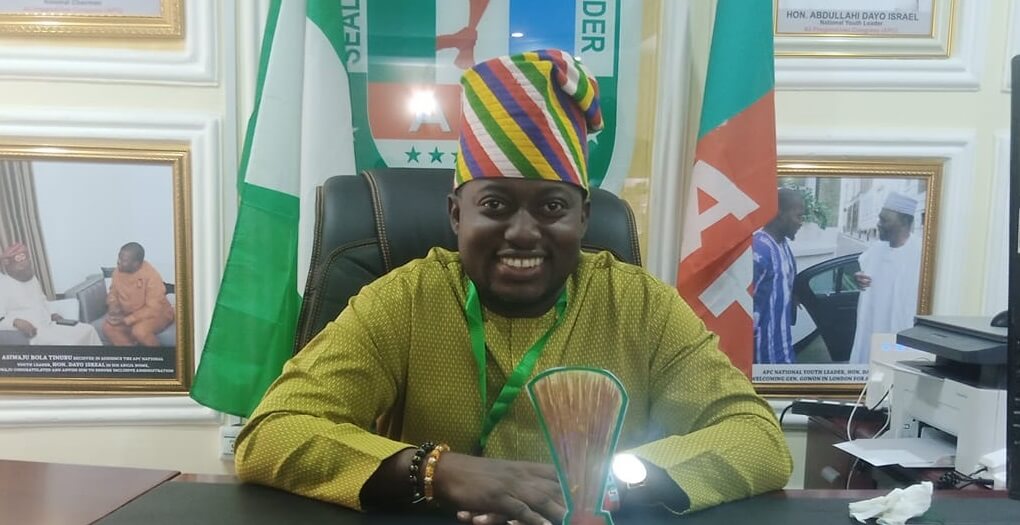
There are indications that the Non-Academic Staff Union of Educational and Associated Institutions (NASU) and the Senior Staff Association of Nigerian Universities (SAANU) may escalate their warning strike to a full industrial action due to the withholding of four months’ salaries of their members.
The General Secretary of NASU, Peter Adeyemi, revealed to The Guardian in Abuja that since the two unions suspended their warning strike in March, there has been no progress in communication regarding the payment of the outstanding salaries. This lack of action has prompted renewed agitation among the union members.
His words: “Nothing has happened one month after we ended the warning strike. Because the government has not paid our members, they are urging the leadership of the unions to proceed and declare a full-scale action. It is now obvious that if the government does not pay, we might be left with no choice but to declare an indefinite strike in the federal universities and inter-university centres where our members are working.”
Adeyemi emphasised that the previous warning strike between March 11 and 15 conveyed the Federal Government’s unwillingness to pay the withheld salaries.
However, with no concrete steps taken after a month, the union’s leadership is facing pressure from members to declare an indefinite strike in federal universities and inter-university centres where their members are employed.
He added: “Though the decision to embark on a full strike has not been taken, it is a matter of time because we are yet to get what we asked for one month after the warning strike. I cannot see us stopping our members from making that demand and when they do, we will have to respect their wishes.”
I think that one month was enough moratorium for the government to find the money and pay.”
However, the NASU scribe added that though no formal decision has been taken over the issue, there are moves by the workers to begin an action to press the government into paying the salaries.
Despite the government’s commitment to remitting the delayed salaries, Minister of Education, Prof. Tahir Mamman clarified that the amnesty granted to ASUU members does not automatically extend to NASU and SSANU.
“There is a court judgment on no work, no pay. ASUU getting four months’ pay was a discretion and decision on the part of the president. So, it does not automatically transfer (to NASU and SSANU) but the matter is under consideration.
“And in any case, the non-academic staff, they were not on strike for the same period with the academic staff — about four months or so. So, if they are getting payment, it is going to be half of that (payment), if the President follows his precedent with the academic staff,” he said.
He explained that the non-academic staff were not on strike for the same duration as the academic staff, indicating that any payment would likely be proportional.
The Minister, who spoke at the national delegates’ conference of the National Association of Academic Technologists (NAAT) in Abuja, reiterated the commitment of the government to offset the withdrawn salaries, but he declined to mention when the payment will be made specifically.
Addressing concerns of discrimination, the Minister affirmed the government’s intention to settle the outstanding salaries but did not specify a timeline for the disbursement.
He said: “That cannot be right. There is no rating. These are people working in the same terrain. They are doing different things, but all working towards the same goal. I believe what happened was a communication problem. It was not deliberate to exclude them from that benefit.”
However, NASU’s General Secretary, Adeyemi, criticised the selective payment to one union as discriminatory, stressing the need for equal treatment among university unions.
“Among all the unions in the federal universities, the government chose to pay only one union. That can cause industrial disputes because that is a clear preferential treatment. This is part of what we have been saying all these years that the non-teaching staffers are discriminated against by the authorities. I say this because one would expect that if the government were sincere about not having money to pay, why pay one union? That cannot be said to be fair and just,” Adeyemi lamented.
It does appear that mouthing commitment to pay the withheld salaries by the Minister is no longer enough for the workers. Adeyemi echoed this sentiment thus: “We heard that the government said it wants to pay, but that payment has not been made. If there are commitments to pay, even if it is one month, we will know that the government is doing something about our demands, but it seems the government is ignoring us.”
Expressing skepticism over mere commitments to pay without tangible action, Adeyemi urged the government to initiate payments promptly, underscoring the urgency of addressing the outstanding issues. He equally highlighted the importance of initiating payments to demonstrate the government’s sincerity in resolving the grievances raised by the unions.













